7 start with F start with F
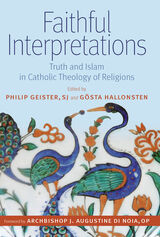
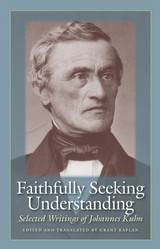
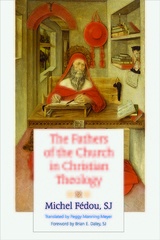

Josef van Ess is the world's most distinguished scholar of classical kalam, the Muslim theology that was the precursor to, and foundation for, modern Islam. This book makes available, for the first time in English, the fruit of van Ess's thirty-five years of work in the field. A lucid and authoritative introduction to classical Islam, it opens a window on the intellectual world that gave rise to Muslim theology.
A sustained look at important issues in early kalam, The Flowering of Muslim Theology discusses the emergence of theology in the classical period and offers acute and illuminating comparisons with the Christian (and Jewish) traditions. Van Ess looks at the issue of heresy, at early ideas about straying from true belief. In a substantial and original instance of Koranic exegesis, he considers a problem much debated among classical theologians: whether it is possible to see God. He examines the different ways in which early Muslim thinkers appropriated atomism, a natural philosophy that was originally materialistic and atheistic, for their own theological purposes. He explores the explosive mix of theology and political thought, in an analysis of the development of ideas about the role and authority of a ruler. And he considers the relationship, or contradiction, between faith and knowledge: the enduring question of how one can know whether something is right or true.
A work of intellectual history enlivened by vivid examples, The Flowering of Muslim Theology gives a wider audience rare insight into Islam's rich classical past.
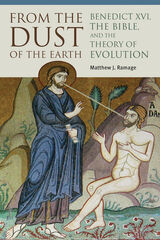
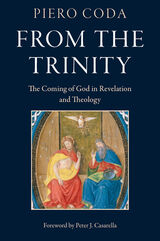
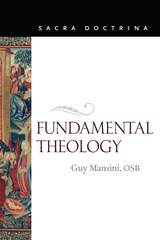
Since no word is spoken unless it is heard, fundamental theology also investigates the conditions of hearing the word of God, the very hearing itself in the assent of faith, and a necessary consequence of this hearing. The remote conditions of hearing are also what theology calls our ability to come to the knowledge of the preambula fidei- the things about God than can be known by the natural light (chapter 5). The immediate condition of hearing is the credibility of the word (chapter 6). Hearing is faith (chapter 7). And true hearing gives the hearer to recapitulate what is heard in his own wondering and thankful voice in theology (chapter 8). The introduction to theology in the last chapter is by way of considering the history of Catholic theology in the 20th century.
READERS
Browse our collection.
PUBLISHERS
See BiblioVault's publisher services.
STUDENT SERVICES
Files for college accessibility offices.
UChicago Accessibility Resources
home | accessibility | search | about | contact us
BiblioVault ® 2001 - 2024
The University of Chicago Press









